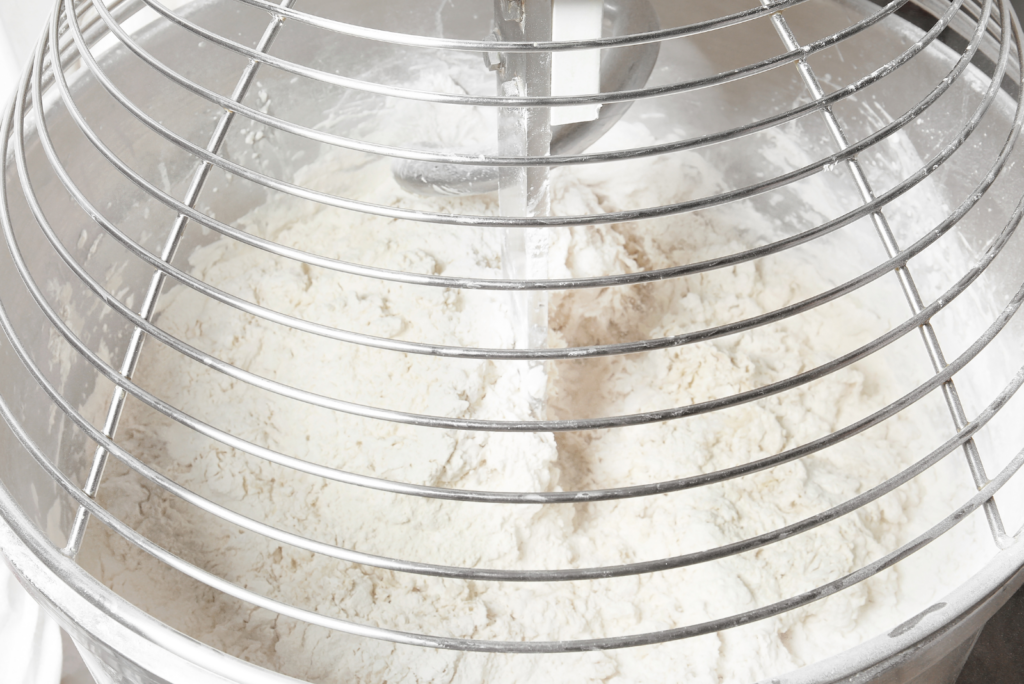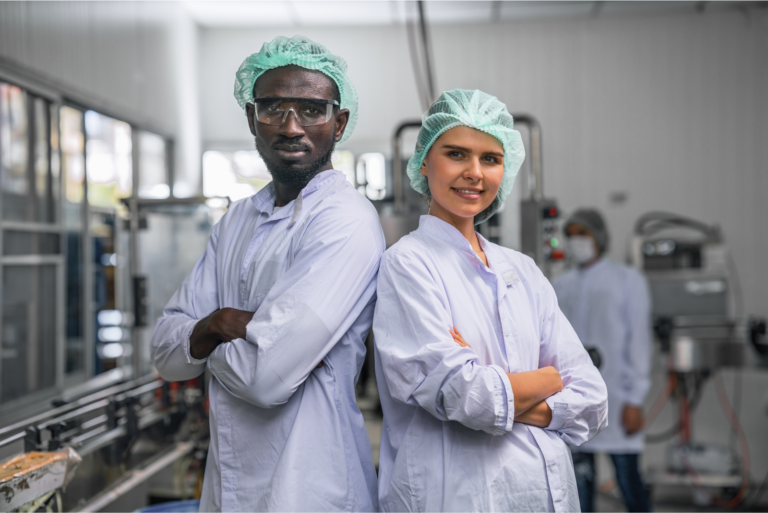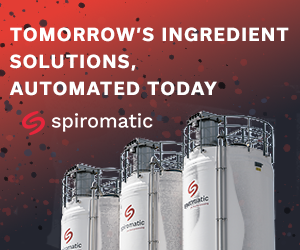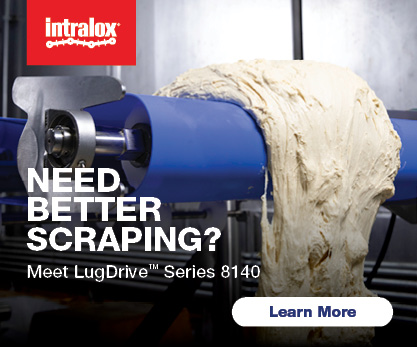KANSAS CITY, MO — The close of the calendar year brings with it opportunities for commercial bakeries to get creative and lean into the holiday spirit with limited-time offers (LTOs). Yet, with all the innovation in the air this time of year, bakers need to proceed with caution to ensure their products keep consumers jolly and healthy.
“The most common challenge that we see in the commercial space is with the introduction of novel products where retailers are seeking to do something special for the holidays,” said Ron Burke, senior director of food safety quality and regulatory at Ardent Mills. “With that, we often see the incorrect use of conventional flour when a special type of flour is required for such an application.”










